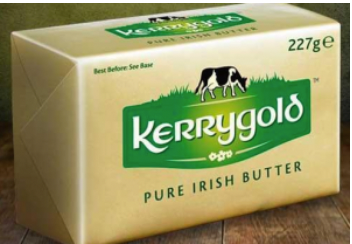Did you know the primary fuel for the gut cells lining your intestines is a short chain FATTY acid called Butyrate?
Butyrate is also called Butyric acid and without it, your gut lining goes from a selective sieve to a leaky colander.
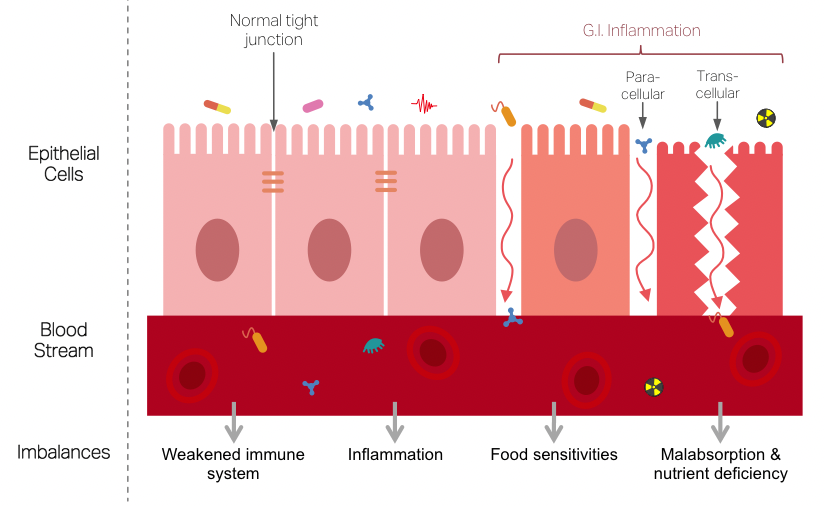
It’s also a powerful anti-inflammatory both locally in the gut and systemically.



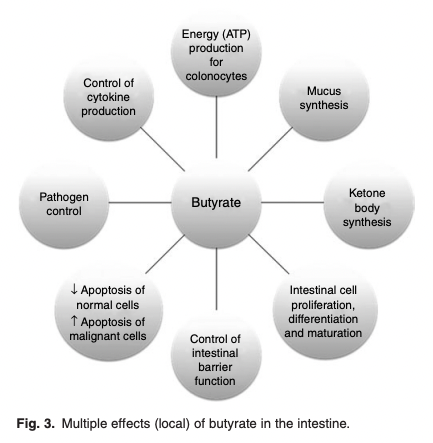
I could go on but you get the idea.
So where do we get our endogenous butyrate from?
Well, it’s a beautiful symbiotic relationship built over millions of years with 100 trillion bacteria hanging in our gut.
Certain bacteria to be specific:
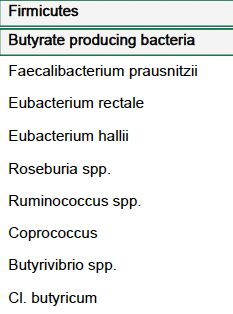
These can make up a huge number of the overall gut population.
Note we have around a thousand different bacteria strains, but there are some “keystone” bacteria that make up massive % of the population.
Faecalibacterium Prausnitzii for example, can be 10-20% of all bacteria !!
And yes, it makes butyrate.
We feed them prebiotics (soluble fibre, resistant starch etc), and they make butyrate.
Butyrate fuels the gut lining cells, so they make mucin, which forms the mucous lining of our guts.
This protects our gut cells from the outside world and incoming bad bacteria, toxins and partially digested foods.
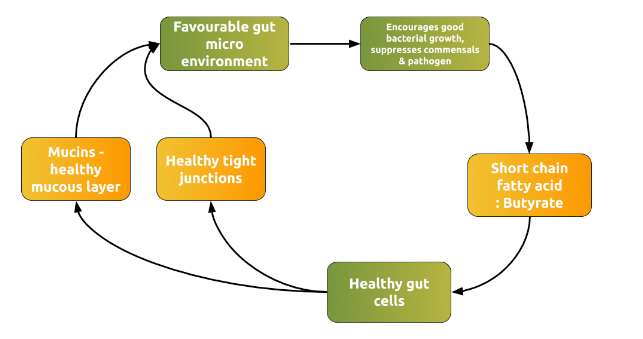
No good bugs = no butyrate = unhealthy gut cell lining = poor mucous = leaky gut.
And a leaky gut means inflammation and pain throughout the body.
In the extreme, it’s fibromyalgia, in the lower end spectrum they have regional symptoms which look like “normal” neuro-mechanical issues and then fail to respond in the way you expect.
A bit better but still achy and stiff.
What are the best ways to damage your microbiome?
Anti-biotics, PPI’s (especially damaging in babies/kids), alcohol (yes even red wine), chemotherapy (that is partly why they are so weak immunologically), NSAID’s and any diet that eliminates most foods and never changes.
The best source of butyrate in foods?
Butter.
Grass-fed, delicious fatty butter.
Best butter out there?
This delicious beast, unpasteurised grass fed, available from some Waitrose and Sainsbury’s.
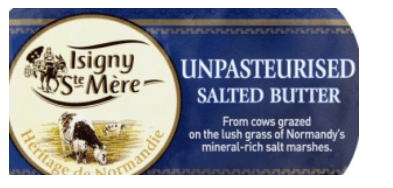
Failing that, Kerrygold is grass fed but pasteurised.
